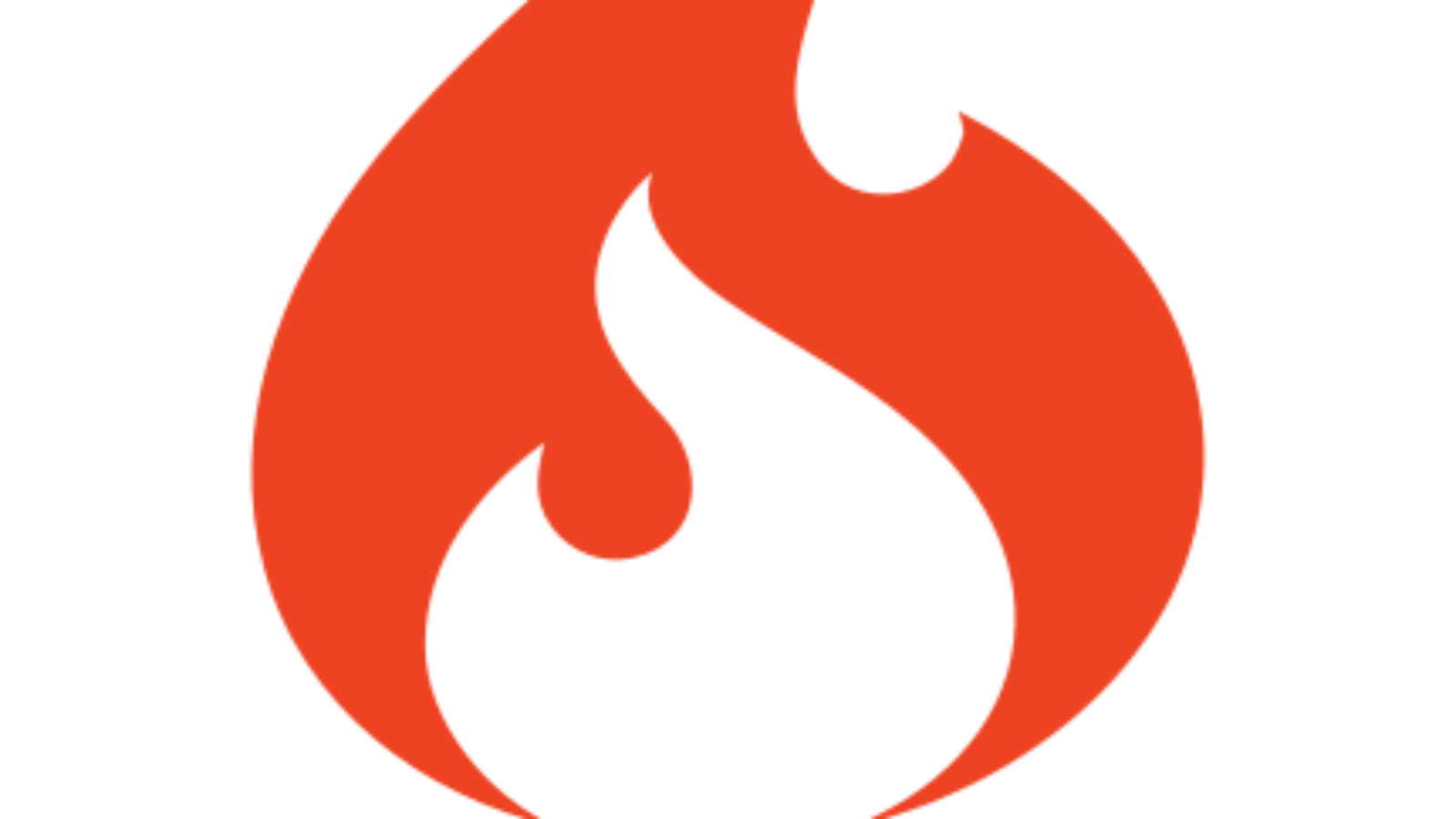Creating a course content outline for a CodeIgniter framework course can be structured to cover fundamental concepts, practical applications, and advanced techniques. Here’s a suggested outline:
Module 1: Introduction to CodeIgniter
- Overview of MVC architecture
- Installing and configuring CodeIgniter
- Understanding the directory structure
- Setting up the development environment
Module 2: Getting Started with CodeIgniter
- Creating your first CodeIgniter application
- Routing requests
- Working with controllers, views, and models
- Loading libraries and helpers
Module 3: Models in CodeIgniter
- Understanding models and their role in MVC
- Database configuration
- CRUD operations with models
- Query Builder usage
- Data validation and sanitization
Module 4: Views and Templates
- Creating and loading views
- Working with data in views
- Using templates and layouts
- Templating engines (optional)
Module 5: Controllers and Routing
- Controller fundamentals
- Routing requests to controllers
- URL routing and URI parameters
- Handling form submissions
- Working with RESTful APIs
Module 6: Form Validation and Security
- Form validation library
- Input and output filtering
- Cross-site Scripting (XSS) prevention
- Cross-Site Request Forgery (CSRF) protection
- Authentication and authorization
Module 7: Sessions and Cookies
- Managing user sessions
- Setting and retrieving cookies
- Flash data for one-time messages
- Best practices for session handling
Module 8: Working with Databases
- Database configuration and connection
- Querying databases using Active Record
- Database migrations and seeding
Module 9: File Handling and Uploading
- Uploading files securely
- Managing file uploads
- Filesystem operations
- Image manipulation (optional)
Module 10: Error Handling and Debugging
- Error reporting and logging
- Handling exceptions
- Debugging techniques
- Production vs development environment configuration
Module 11: Performance Optimization
- Code optimization techniques
- Caching mechanisms
- Database optimization
Module 12: Deployment and Best Practices
- Deploying CodeIgniter applications
- Security best practices
- Code organization and naming conventions
- Version control with Git
Module 13: Advanced Topics (Optional)
- RESTful API development
- Integrating third-party libraries and packages
This outline provides a comprehensive structure for a CodeIgniter course, covering both the basics and advanced topics. Depending on the target audience and learning objectives, you can adjust the depth and breadth of each module. Additionally, including hands-on exercises, quizzes, and real-world projects can enhance the learning experience.


Add a Comment